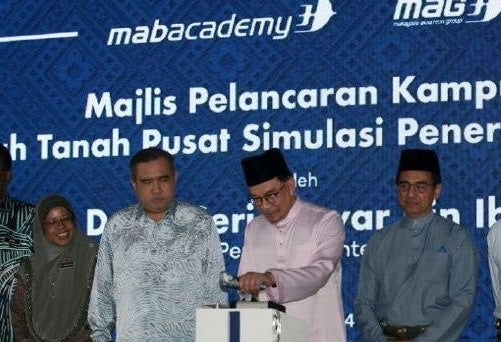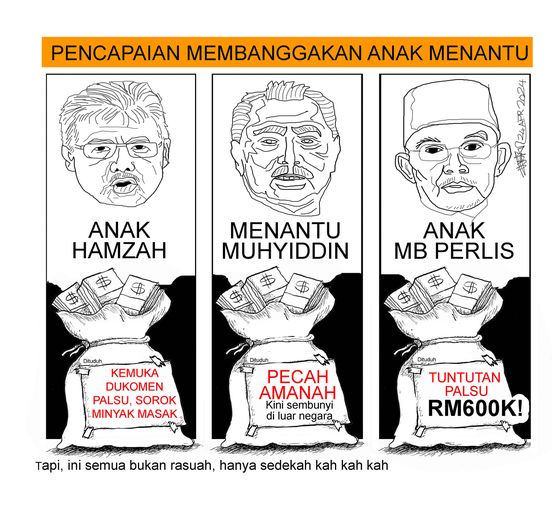THE newly minted Gabungan Rakyat Sabah (GRS) Government should just cancel the construction of the Papar Dam in Penampang, as it is not feasible and a colossal waste of money.
“While we support infrastructure projects that will help the public at large, this dam project is not going to help anyone for that matter.
“What the Sabah state Government should do is invest in reducing its non-revenue water (NRW) rate and improve its electricity transmission and distribution system,” Parti Sosialis Malaysia (PSM) central committee member Sharan Raj told FocusM.
Last week, Sabah Deputy Chief Minister Datuk Seri Bung Mokhtar Radin announced that the state is mulling the possibility of moving the Papar Dam back to its original location in Penampang.
“We might move the dam back to Penampang because I was informed if we did it in Papar, the dam could only provide water for up to 60 years, whereas in Penampang, it would be 85 years.
“So, we have several more years before we have to look for another water source. That’s why I said we need to move to the Kaiduan area (in Penampang).

“Water shortage is a problem throughout Sabah. We need to be brave. If we’re not, then the people will suffer,” Bung was reported saying.
However, Penampang MP Darell Leiking shot back saying may quarters have fought hard to stop the dam from being constructed in Penampang and moved it to Papar instead.
“Our position since 2013 until now has always been that there cannot be two dams in Penampang because we’re already serving part of Sabah using the Babagon Dam.
“Now, another dam built in Penampang, in this case in Moyog too, will overburden our aesthetics as well as our environment. We will become the ‘dam central’ and the new dam will leave a huge footprint on the area,” Leiking told online news portal, Free Malaysia Today.
However, Sharan was of the opinion that a new dam was totally unnecessary.
Elaborating, the PSM leader said that according to the data by the National Water Services Commission (SPAN), Sabah’s NRW rate stood at 52.5% in 2018, which is very high.
“It just means that many Sabahans are losing out on treated water supply due to leakages and poor management.
“So, it doesn’t matter how much water you have in your reservoir. As long as you don’t fix the NRW problem, the dam would not solve much of Sabah’s water issues.
Displacing locals a bad move
“And improving water efficiency and promoting rainwater harvesting will cost only a fraction of the Penampang dam’s budget,” Sharan said.
In terms of electricity, Sharan said that Sabah already has an excess of 35% in electricity generation, which is way above the recommended reserve margin of 20%.
Therefore, he added, the dam project will only increase the reserve margin, which in turn, lead to a spike in electricity tariff that will burden Sabahans.
“As I have mentioned, the problem with Sabah’s electricity is its weak transmission and distribution system.
“So, no point in trying to increase electricity capacity. The solution is just spend some money to improve electricity transmission and distribution, which is cheaper than building a dam,” he added.
Sharan said that the state government should push electricity intensive users to reduce their electricity demand, through energy efficiency and the use solar panels.
“Furthermore, bio-methane captured from landfills and agriculture waste could be used to generate electricity.
“Purchasing the organic waste from agriculture sectors will improve Sabah’s rural economy. These policies will also create and sustain ‘green jobs’, addressing Sabah’s high unemployment,” he opined.
On that note, Sharan warned that any dam project would usually mean that many villagers would be forced to move out from their ancestral land.
He reminded the state government that much of the aborigines there live off the land, and have little skill to survive in other surroundings.
“The execution of the Papar Dam project will uproot local communities and cause the loss of natural biodiversity. The relocation and compensation to the local communities will be extremely high.
“And if the assimilation programmes fail, these local communities will become vulnerable and fall into vicious poverty cycle,” Sharan remarked. – Jan 10, 2021.










